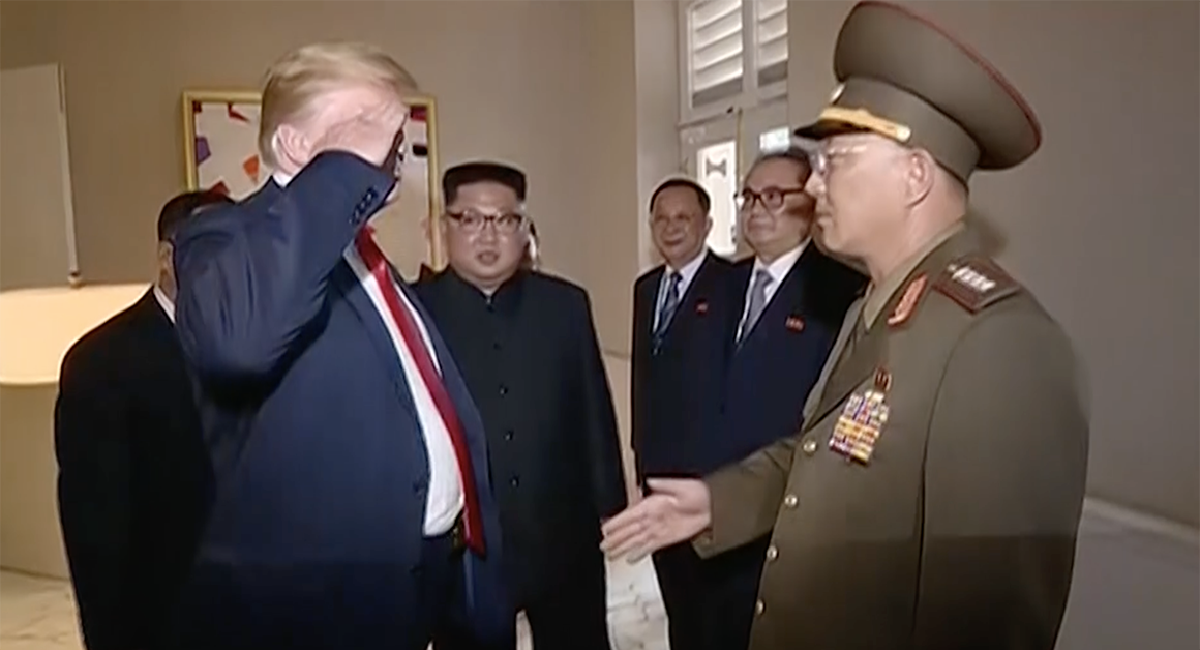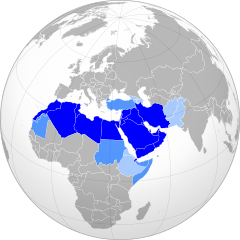

Wait a minute, Biden’s jawline - zoom and enhance…
 He’s been oranged as well!
He’s been oranged as well!


Wait a minute, Biden’s jawline - zoom and enhance…
 He’s been oranged as well!
He’s been oranged as well!


No fair! They stole the data we stole!


Whoever’s working that social media account is about to get fired, don’t they know healing magic harms the undead?


It’s funny how they look at a setting barely less overtly satirical than Judge Dredd (to the point of having cops in it that are literally outright homages) completely saturated by the quite specific miserable, dystopian vibes of 80s England under Thatcher, and go “yes please!”. And by funny I mean Khorne is going to manifest in reality through the conduit of my brain.
I also hate the way chuds spam out God-Emperor memes for whichever pathetic whiteboy they’re jacking themselves off to at any given moment, when the canonical Emperor was an Anatolian born in 10,000BC with a gestalt soul formed from the shamans of every tribe living on Earth at the time. The ‘Avatar of Humanity’ is not going to be white.


“How can the same thing happen to the same mode of production twice?”



One of my top images of all time. Every detail perfect. The extended hand, Kim’s wtf-face, the guy in the background’s smile. 


All that effort blowing up those two Malaysia Airlines planes and they still side with the world island, smdh


 Killing God with the power of friendship
Killing God with the power of friendship
 Bringing God to trial and sentencing him to death with the power of friendship
Bringing God to trial and sentencing him to death with the power of friendship


I think it’s cool: a country that grew from nothing into a vast empire
Huh???
It looked to me like America 200 years ago
Fucking what!!!
I wrote papers about China when I was still in primary school
Papers?? I assume he means something like ‘essays’, but from the rest of the interview I can easily imagine this person being arrogant enough to call a three-paragraph writing exercise he did when he was nine a “paper”.
Either way, his understanding clearly has not advanced since then. I’ve never seen someone (who wasn’t a paid propagandist) be so wrong, so succinctly about a country, especially one they supposedly lived in. This guy is a fucking idiot.


It’s specific, but Quorn nuggets are objectively superior to chicken nuggets in every way.
Better taste, better texture, no gristle, easier to cook all the way through, zero (well okay, much less) chance of food poisoning.
Even if you’re not a vegetarian there’s simply no reason to eat chicken nuggets any more, they’re fully obsolete.


Absent Without Organic Life


They get allocated, reallocated, and spent elsewhere
They don’t. You can’t tag a particular dollar and follow it as it leaves a taxpayer’s account, goes into a government account, gets allocated to a particular item of the budget, and then gets spent out again into the economy. When a dollar is taxed, it basically goes into a furnace and disappears. Separately, dollars are conjured out of thin air and sent into the economy by the government.
The amount of dollars thrown in the furnace in a given day are tallied, sure. But that doesn’t determine the amount of dollars the government can create, it only informs it. The government can create as many dollars as it likes at will.


Millennium Challenge, the perfect dessert after a good meal 


I hope someday an unexpected outburst from the barrel of a gun causes him to lose his life.


An illegal, unprovoked, full-scale attack!


Go woke or go broke
‘Stabbed in the back’ myth is evolving!
‘Stabbed in the back’ evolved into: ‘Stabbed in the back by Jews’!


Now Mount Rainier is decorated with combat veterans.
DEBUNKED